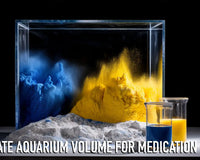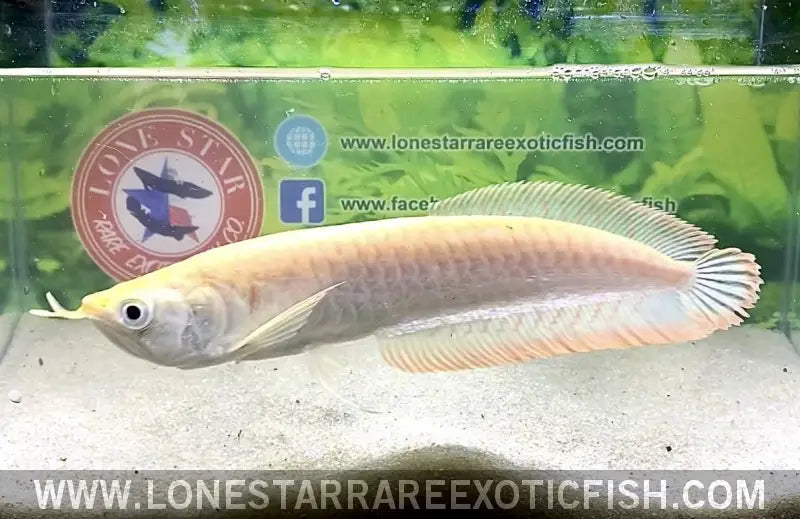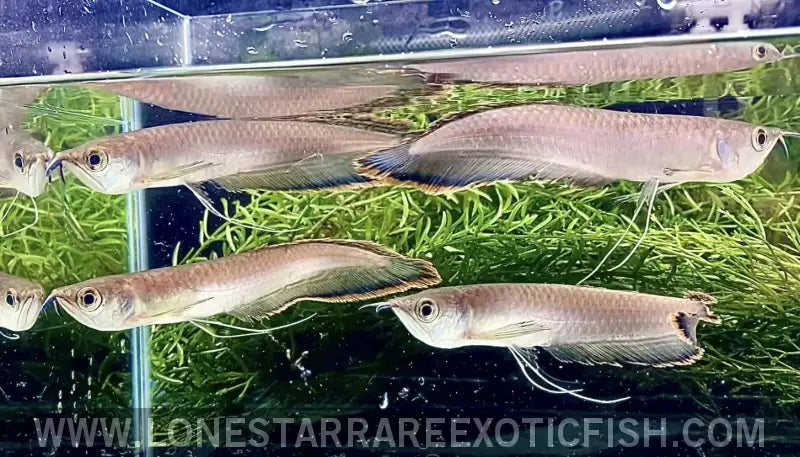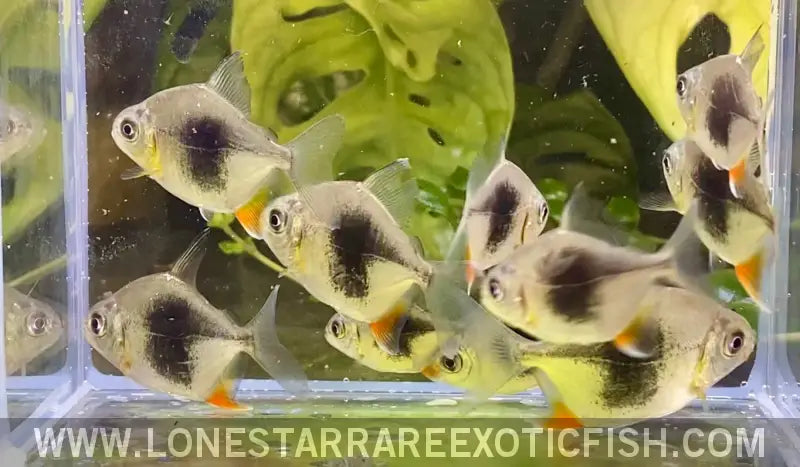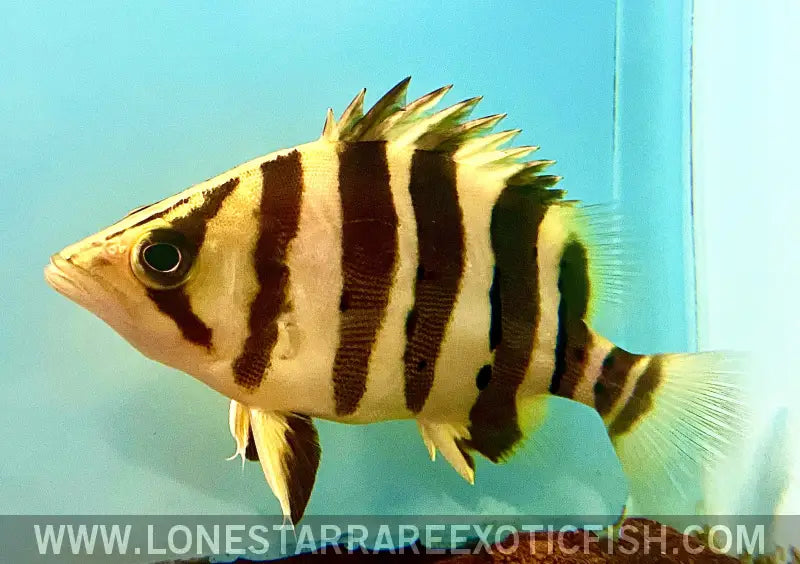Beneath the serene surface of your aquarium lies a bustling world of chemical interactions that play a vital role in the health and well-being of your aquatic residents. Among the essential factors in this intricate dance are pH, GH, and KH. Let's plunge deeper into these parameters, dissecting their nuances and shedding light on their profound impacts.
1. pH: Beyond Basic Acidity and Alkalinity
What Exactly is pH? The term pH stands for "potential of Hydrogen." It gauges the hydrogen ion concentration in a liquid, providing a metric for its acidity or alkalinity. The pH scale stretches from 0 to 14: a pH of 7 is neutral, below 7 is acidic, and above 7 is alkaline.
Impacts in Freshwater Aquariums:
- Fish Health and Comfort: Each fish species has evolved in particular environments with specific pH levels. While many fish can adapt to a range, sudden fluctuations or extreme values can lead to stress, poor immune function, and disease.
- Biological Equilibrium: The nitrogen cycle, anchored by beneficial bacteria that detoxify harmful waste products, can be influenced by pH. A stable pH ensures efficient waste processing.
- Plant Growth and Vitality: Plants rely on specific pH levels to optimally absorb nutrients and minerals. A mismatch can result in poor growth and even decay.
Keeping Tabs and Tweaking pH: Regular monitoring with test kits or pH meters is crucial. Adjustments should be done with care: driftwood or peat can lower pH, while crushed coral or baking soda can elevate it.
2. GH: The Story of Water’s “Hardness”
Decoding GH: General Hardness (GH) denotes the concentration of dissolved magnesium and calcium ions in water. Water's "hardness" is directly proportional to GH: high GH represents hard water, while low GH designates soft water.
Ripple Effects in Freshwater Aquariums:
- Fish Physiology: Fish species hail from varied environments, from the soft waters of Amazonian streams to the hard waters of African lakes. While many fish have a tolerance range, abrupt or extreme deviations can be detrimental.
- Invertebrate Health: Shrimp and other invertebrates depend on certain GH levels for processes like molting. Incorrect GH can lead to molting issues or even fatalities.
- Breeding Nuances: Breeding certain species, such as some cichlids or tetras, might require specific GH adjustments to simulate their natural breeding waters.
Monitoring and Modulating GH: Using GH test kits can help maintain optimal levels. GH can be increased with crushed coral, limestone, or commercial products. RO water, distilled water, or peat can be used to soften the water, decreasing GH.
3. KH: The Unsung Hero of pH Stability
KH Unveiled: Carbonate Hardness (KH) measures carbonate and bicarbonate ion concentrations. These ions provide buffering capacity, preventing drastic pH shifts and ensuring a stable aquatic environment.
Influence in Freshwater Aquariums:
- Guarding Against pH Fluctuations: A solid KH value can prevent the dreaded "pH crash," wherein the pH drops suddenly, potentially harming aquatic life.
- Plant Metabolism: Plants utilize carbonates during their metabolic processes. Inadequate KH can hamper their growth and health.
Tracking and Tailoring KH: Aquarists can employ KH test kits for routine checks. To increase KH, consider adding baking soda. To decrease it, options include peat moss or commercial KH reducers.
Synthesizing the Trio:
pH, GH, and KH are interlinked. A change in one might induce shifts in the others, and understanding this interconnectedness is crucial for aquarists. As you tweak one parameter, always monitor the others to ensure harmony in the tank.
Conclusion:
Your aquarium is a microcosm of nature, with its delicate balance and intricate relationships. Respecting and understanding the water chemistry trio of pH, GH, and KH is paramount to maintaining this balance. Regular testing, gradual adjustments, and a holistic approach ensure a thriving, vibrant aquatic community. In the vast world of aquarium-keeping, knowledge and patience truly make waves.


